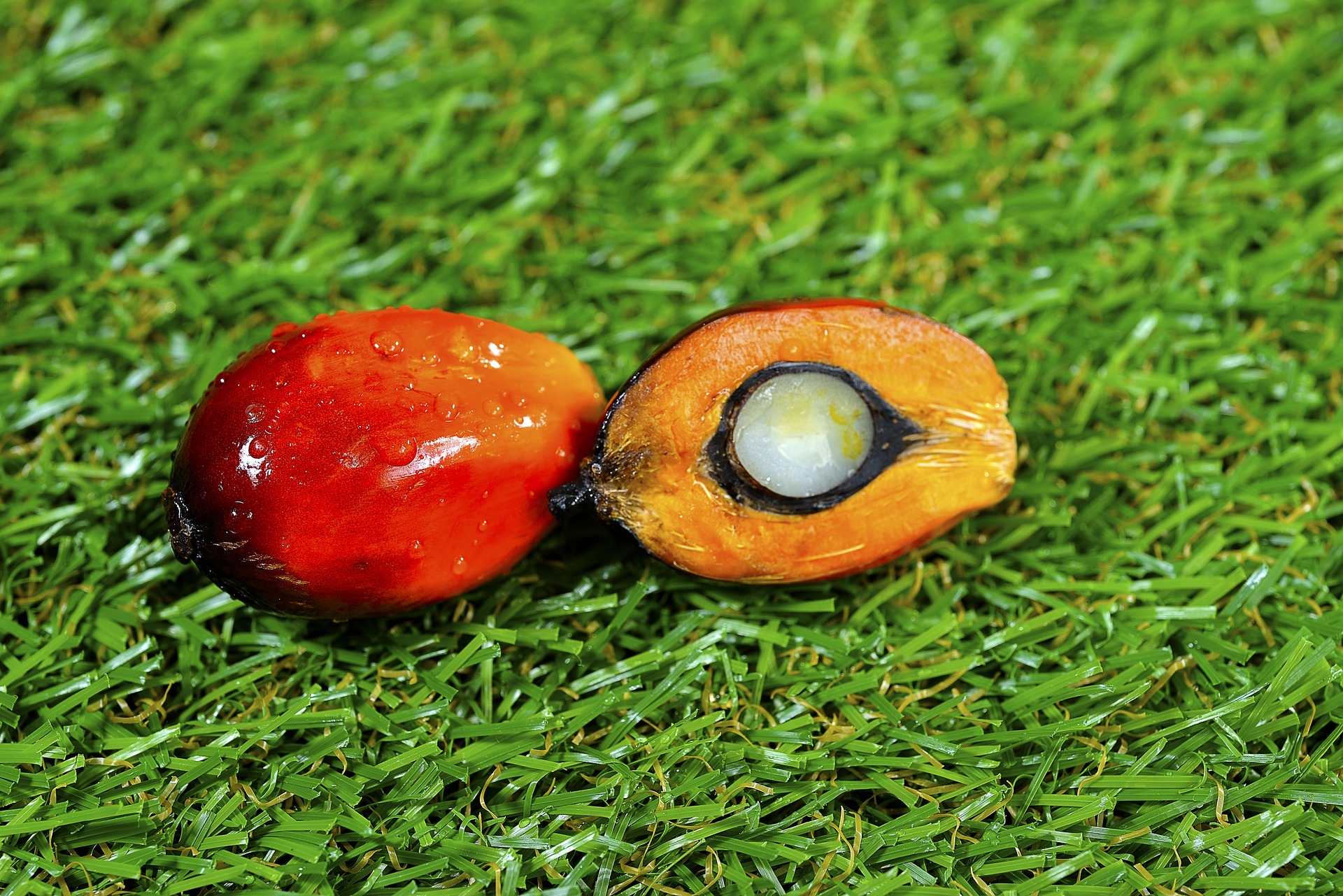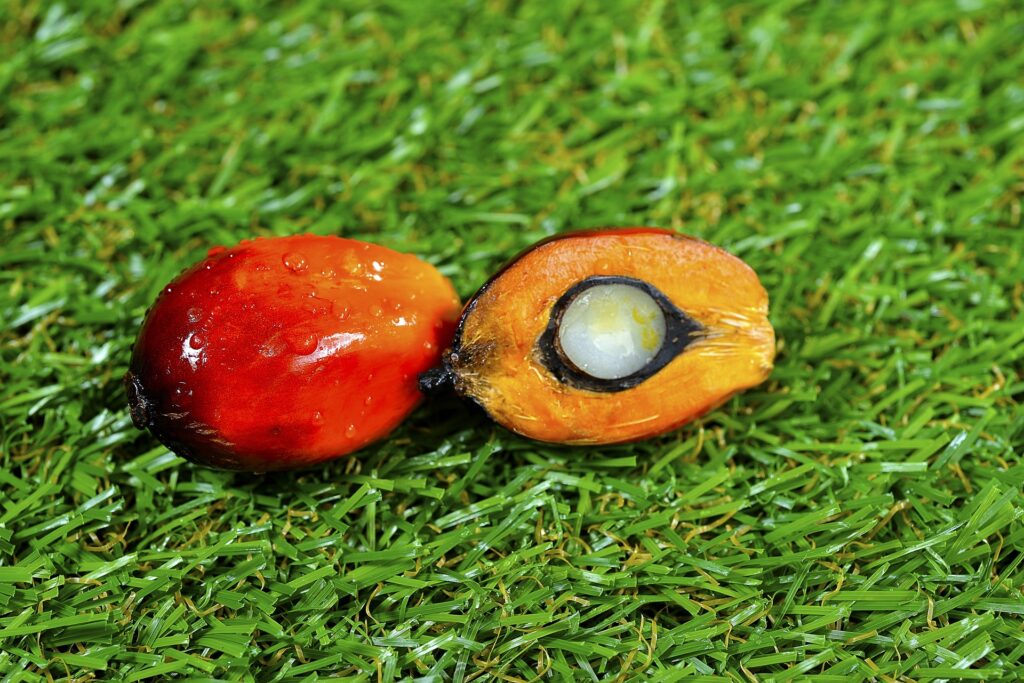
Image: Pixabay
India, the world's biggest importer of vegetable oils, is considering increasing its import duty on palm oil to help support local farmers suffering from falling domestic rapeseed prices, government and industry officials said on Monday. .
The palm oil tax increase could raise local prices, making the tropical oil slightly less competitive than rivals soybean and sunflower oil.
{module Form RD}
“We proposed an increase in the import tax on palm oil to support rapeseed prices,” said a government official, who declined to be named.
“New season rapeseed supply is putting pressure on prices, which have fallen below the MSP (minimum support price),” the source said, referring to the rate set by the government that acts as a benchmark for the domestic market.
If commodity prices fall below MSPs, the government often tries to help increase rates to protect farmers.
In spot markets, rapeseed prices were around 5,000 Indian rupees ($61.21) per 100 kg, below the government-set price of 5,450 rupees per 100 kg.
Indian farmers plant rapeseed, the main winter-sown oilseed, in October and November, with harvests starting in March. Higher prices encouraged farmers to expand the area planted with rapeseed.
After abolishing the basic import duty on crude palm oil (CPO) last year, India continues with a 5.5% tax on CPO shipments. The country also charges an import tax of 12.5% on refined, bleached and deodorized palm oil.
“As world prices have fallen, India is trying to increase the tax,” the source said. “General food inflation may be a concern for the government, but vegetable oil prices have fallen.”
Lower rapeseed prices have hurt farmers in the western Indian state of Rajasthan and the government would like to protect producers ahead of state elections, trade and industry officials said.
Rajasthan accounts for more than half of rapeseed production.
“There is a proposal to increase the tax and an inter-ministerial panel is studying this,” said the second source, who also declined to be identified citing official rules.
Source: Rajendra Jadhav and Mayank Bhardwaj | Notícias Agrícolas













